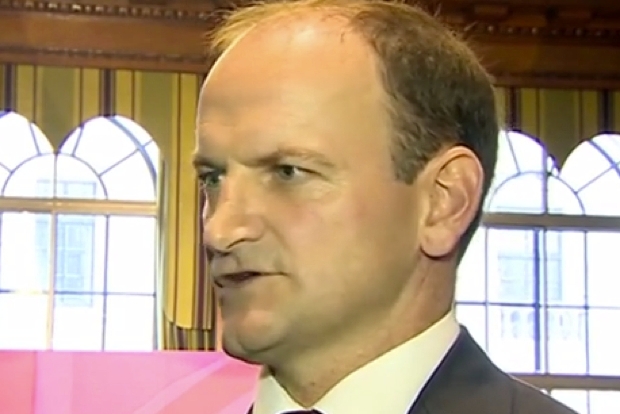A stable government, led by a good-looking modernising liberal. A free trade agreement that gives it unrestricted access to the largest economic bloc in the world. Rising prices and a return to growth. There must be times when the Governor of the Bank of England Mark Carney wishes he was still in charge of the relatively simple Canadian economy, and had never been tempted to try and steer the damp and grey island on the other side of the North Atlantic through a moment of national angst. There may be worse jobs in the world – replacing Chris Evans on Top Gear, perhaps, or joke-writer for Theresa May – but it is hard to think of them right now.
Today, Carney made his third intervention since the referendum was announced to try and sooth the jangled nerves of global investors, with a series of measures designed to shore up confidence in the stability of the UK. Project Fear, in which Carney and the Bank had a leading role, has suddenly morphed into Project Reassurance. There is a problem, however, and it is not going to be an easy one to fix. The Bank spent a lot of time telling us how bad everything would be if we left the EU. It can only credibly reverse that if it admits it got it wrong.
Today’s measures from the Bank were sensible enough, even if they were at the nerd-ier end of the central bank spectrum. There is not much scope to cut interest rates, at least ahead of the next scheduled meeting of the Monetary Policy Committee, and nor is there much appetite for a fresh blast of quantitative easing. Instead, Carney has opted to relax the capital requirements for the commercial banks, which in layman’s terms, means they can lend a lot more freely. At the same time, he has blocked them from raising their dividends with all the extra dosh they will make from lending us all more money.
Will that work? The British seldom need much encouragement to borrow lots of cash to buy a bigger house and hammer their credit card. Confidence is what counts now. While leaving the EU may cause problems for exporters, depending on the deal that gets done, that won’t happen until 2019 at the earliest. The devaluation of sterling will help the economy, as will the decision by all the candidate’s in the Tory leadership contest to miss yet another set of targets for reducing the budget deficit. But there may well be some damage to the way firms and individuals feel about the future – and if that means new offices don’t get built or spending gets postponed, that will certainly hit the economy.
But the easiest way to fix that would be to admit that the Bank had been wrong to stoke up fears about what happen of we left the EU in the first place. As a strong stock-market has shown, the EU doesn’t actually make much difference one way or the other to the British economy. Europe accounts for less and less of our exports every year, and under WTO rules it is very hard to impose significant tariffs on them anyway – and even if it does, the fall in sterling will more than compensate for those. If the Bank hadn’t been telling us everything would be terrible if we left, it wouldn’t have to be telling us now that it was all going to be okay. But that would mean admitting he got something wrong – and Carney would probably rather go back to Canada than own up to that.






Comments